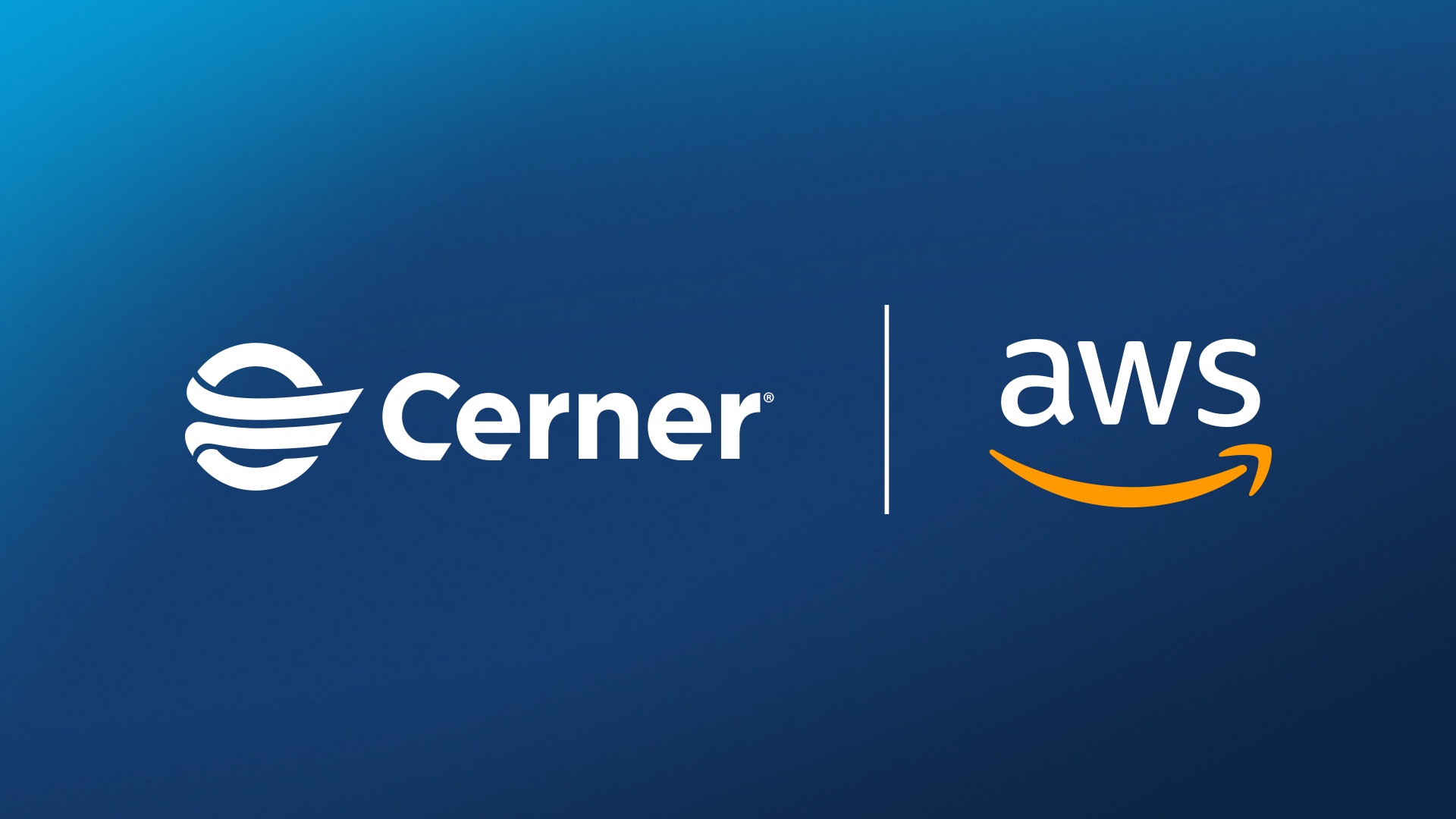
– Today at AWS re:Invent, Cerner has selected Amazon AWS as its preferred cloud and machine learning provider.
– Cerner will use migrate its core apps to AWS’s broad portfolio of services, including ML, analytics, and Internet of things (IoT), to help create the next chapter of healthcare’s digital age.
– Cerner will offer providers and healthcare organizations the ability to access and leverage clinical data in new ways to drive faster innovation, improve quality of care, and provide patients with more power and influence on their own healthcare than ever before.
Cerner has selected Amazon Web Services, Inc. (AWS), an Amazon.com company as its preferred cloud, artificial intelligence (AI), and machine learning (ML) provider. Cerner will use AWS’s broad portfolio of services, including ML, analytics, and Internet of things (IoT), to help create the next chapter of healthcare’s digital age, which will focus on advancing the patient care experience, improving the health of populations, and reducing the per capita cost of healthcare. Cerner will use AWS services to lead this evolution in healthcare to increase efficiencies and lower operational burdens and creating new technologies for care providers to interact with patients.
Cerner to Migrate Its Core Apps to AWS
As part of the multi-year agreement, Cerner is working to migrate its core applications to AWS. Taking advantage of AWS’s broad set of global cloud-based products, Cerner will offer providers and healthcare organizations the ability to access and leverage clinical data in new ways to drive faster innovation, improve quality of care, and provide patients with more power and influence on their own healthcare than ever before.
Cerner is standardizing its AI and ML workloads on AWS to create predictive technology name the Cerner Machine Learning Ecosystem (CMLE), a new platform that was built using Amazon SageMaker, Amazon Simple Storage Service (Amazon S3), AWS Lambda, Amazon Simple Queue Service, AWS Step Functions, and Amazon CloudWatch. CMLE will assist data scientists in building, deploying, monitoring, and managing ML models at scale. This work will help Cerner further uncover predictive and digital diagnostic insights that will offer earlier health interventions.
By adding ML services like Amazon Lex, Amazon Polly, Amazon Transcribe, and Amazon Translate on top of the CMLE, developers will be able to create chatbots that give patients access to their personal health records and the ability to ask questions about their medication, diagnoses, and medical conditions. These new predictive capabilities will be designed to help healthcare providers improve point-of-care documentation, patient safety, and operational efficiency.
The Bigger Picture
Globally, the health care industry spends more than $7 trillion each year, with the U.S. accounting for nearly half of that spend ($3.5 trillion). The American Medical Association recently estimated that a quarter of all U.S. spending – nearly $1 trillion – is wasted on unnecessary follow-ups to doctor’s appointments, overtreating patients and gaps in digital information caused by people seeking care from different doctors and health systems over a lifetime. Cerner is working to reduce this financial waste by leveraging de-identified patient data to help make early determinations of what is causing return hospitalizations. The insights that Cerner unveils will give physicians the resources to make more informed decisions on treatment approaches, thereby helping reduce patient re-admissions.
Use Case Scenarios
For example, Cerner has been helping healthcare providers identify and intervene earlier with patients that are more likely to be readmitted at hospitals or are at risk for certain diseases and conditions, like strokes or heart disease. In addition, by using tools like voice-activated documentation, Cerner will not only change the technology offered to hospitals and health systems but also give healthcare providers tools to help predict adverse health events and proactively intervene at critical care points. This will result in a more holistic, preventative, and a strategic way of delivering care to millions of patients across the world. Cerner is also looking at how to address clinician burnout by leveraging voice processing and other AWS ML services to enable doctors and providers to spend less time filling out forms and more quality time with their patients.
Impact of AWS Partnership
“We’re on the leading edge of healthcare’s cognitive age, making technology more relevant and data more actionable for health systems,” said Brent Shafer, Chairman and CEO, Cerner. “We’ve spent 40 years digitizing data for hundreds of millions of people across the world and taken health records out of paper charts and manila folders. Our work with AWS will put us at the leading edge of cognitive data. Where we’re headed is taking the digital age to a new level to reduce costs, providing more insights into diseases, and giving clinicians back valuable time.”
